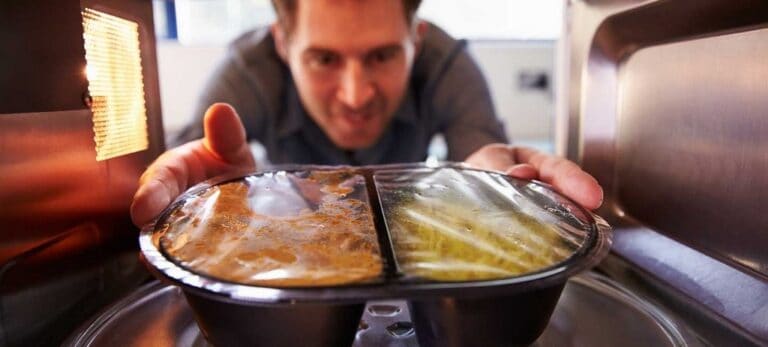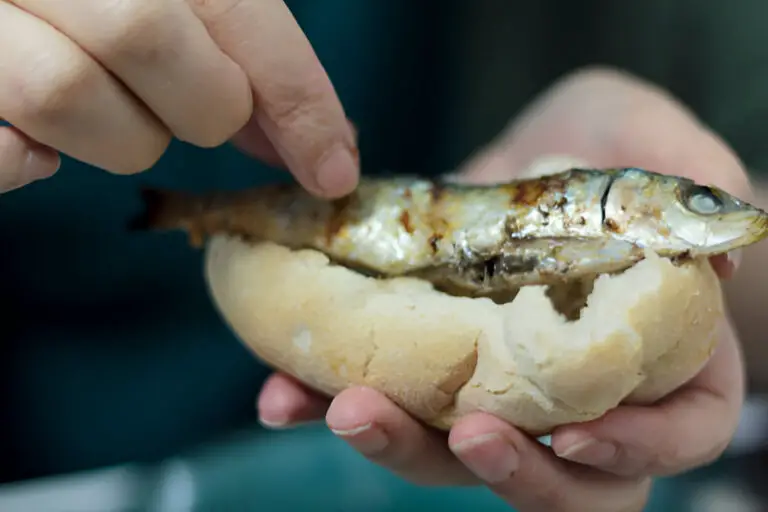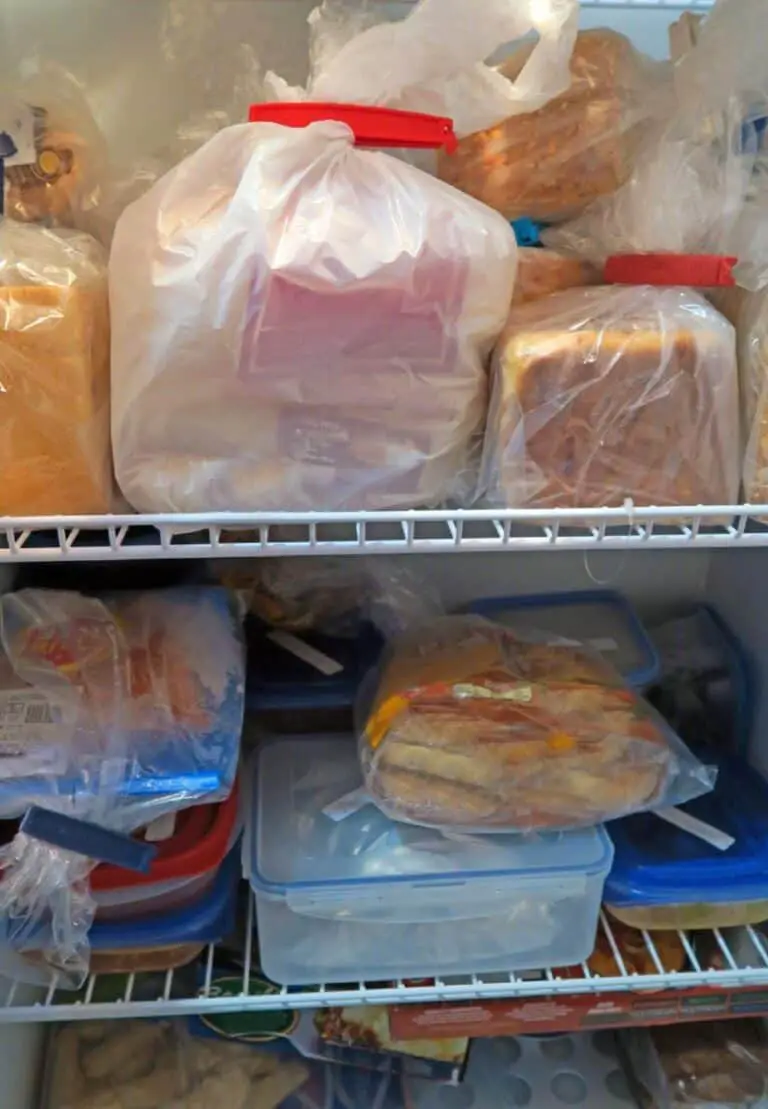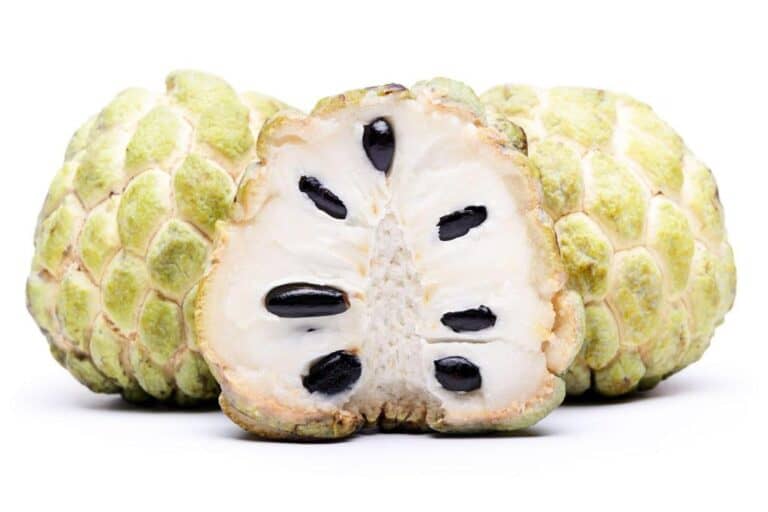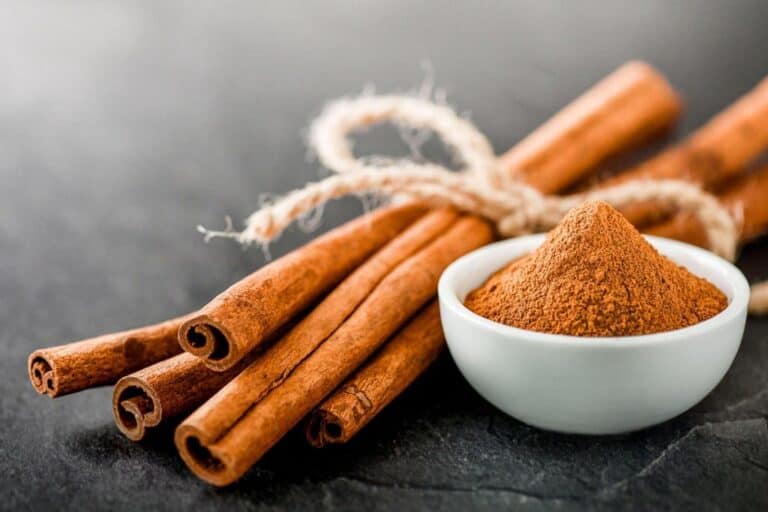What Happens if You Eat a Bad Cucumber? Can You Get Sick?
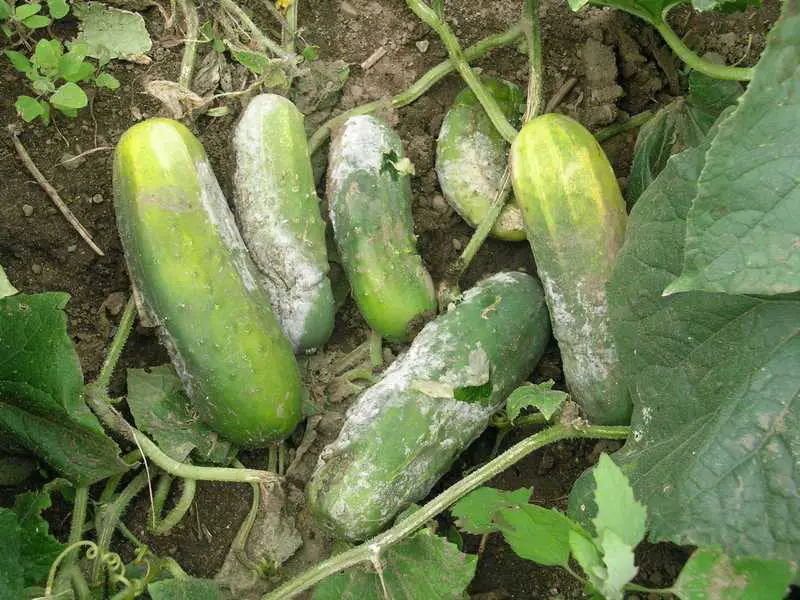
Cucumbers are a popular vegetable that are often used in salads and as a healthy snack. However, like all fruits and vegetables, cucumbers can spoil over time, which can lead to concerns about whether they are safe to eat.
Whether you’re an avid cucumber fan or just someone who enjoys the occasional salad, it’s important to know the potential risks of eating cucumbers that have gone bad.
If you are wondering what happens if you eat a bad cucumber and whether you can get sick from doing so, read on.
Understanding Cucumber Spoilage and Food Safety
Cucumbers are a delicate vegetable that is highly susceptible to spoilage. If left untreated, cucumbers can become contaminated with harmful bacteria that can cause food poisoning. Understanding cucumber spoilage and food safety is crucial to preventing any negative health consequences.
When cucumbers start to spoil, they develop a slimy texture and a pungent odor. These changes occur because the bacteria are breaking down the cucumber’s natural fibers and producing gases that cause the cucumber to rot.
Spoiled cucumbers can also cause cross-contamination with other foods. For example, if you store a contaminated cucumber near raw meat or other perishables, bacteria can quickly spread, potentially contaminating other foods in the fridge.
Common Causes of Cucumber Spoilage
Cucumber is a popular and nutritious vegetable that can be eaten raw, cooked, or pickled. However, cucumbers are also prone to spoilage due to various reasons.
1. Bacterial Growth
The primary cause of cucumber spoilage is bacterial growth. Bacteria thrive in moist and warm environments, which means cucumbers are highly vulnerable to spoilage if they are not stored correctly.
2. Exposure to Moisture
One of the most common causes of cucumber spoilage is exposure to moisture, which can lead to the growth of bacteria and fungi. When cucumbers are stored in damp or humid environments, they tend to become slimy, soft, and develop a foul odor.
3. Physical Damage
Another factor that can contribute to cucumber spoilage is physical damage. When you cut or crush cucumbers, bacteria and other microorganisms can get inside. This makes the cucumbers rot quickly.
4. Improper Harvest
In the same way, improperly picked cucumbers risk getting sunburned or frozen, which causes them to spoil.
5. Age of Cucumber
The age of the cucumber also plays a role in determining its shelf life. As cucumbers age, they tend to lose moisture and become wrinkled and discolored. Overripe cucumbers are also more susceptible to spoilage than fresh ones.
6. Pests
In addition to these factors, the presence of pests such as fruit flies or other insects can also cause cucumber spoilage. These pests can damage the skin of the cucumbers and lay eggs, leading to bacterial growth and spoilage.
Signs of a Bad Cucumber
Before we dive into the health implications of eating a bad cucumber, it’s important to know how to identify a spoiled cucumber. Here are some signs to look out for:
- Softness or squishiness: A good cucumber should be firm to the touch. If it feels soft or squishy, it’s likely gone bad.
- Discoloration: If you notice any brown or yellow spots on the cucumber, it’s probably spoiled.
- Wrinkling: Just like with other fruits and vegetables, a cucumber that has started to wrinkle or shrivel up is no longer fresh.
- Mold: If you see any mold growing on the cucumber, it’s definitely gone bad.
If your cucumber shows any of these signs, it’s best to throw it away and not take any chances.
What Happens if You Eat a Bad Cucumber? (Health Implications)
So, what happens if you eat a bad cucumber? The short answer is that it depends on the level of spoilage and whether any harmful bacteria have started to grow on it.
In general, eating a small amount of a spoiled cucumber is unlikely to cause any harm. Your body’s natural defenses should be able to fight off any bacteria before it can cause an infection or make you sick. However, if you eat a larger amount of a spoiled cucumber or one that has started to grow harmful bacteria, you may experience symptoms like:
- Nausea
- Vomiting
- Diarrhea
- Stomach cramps
These symptoms may appear within a few hours of eating the bad cucumber or could take up to a day or two to show up. How bad the symptoms are will depend on how sick you are and how strong your immune system is.
How to Prevent Eating a Bad Cucumber
The best way to avoid the health risks associated with eating a bad cucumber is to prevent it from happening in the first place. Here are some tips on how to keep your cucumbers fresh and safe to eat:
- Store cucumbers properly: Cucumbers should be stored in the refrigerator to keep them fresh. They can be stored in the crisper drawer or on a shelf, but should be kept away from any raw meat or seafood to prevent cross-contamination.
- Check cucumbers regularly: It’s a good idea to check your cucumbers for any signs of spoilage every few days. This will help you catch any issues early and prevent the entire batch from going bad.
- Don’t keep cucumbers for too long: Cucumbers will start to spoil after a few days in the refrigerator, so it’s best to eat them as soon as possible. If you have any cucumbers that have been sitting in your fridge for more than a week, it’s probably best to throw them out.
- Wash cucumbers before eating: Even if a cucumber looks clean, it’s still a good idea to give it a quick rinse under running water before eating it. This will help remove any dirt or bacteria that may be on the skin.
By following these tips, you can help ensure that your cucumbers stay fresh and are safe to eat.
Is It Safe To Eat Overripe Cucumbers?
When cucumbers are left to ripen for too long, they begin to lose their firmness and become softer. They may also start to develop brown or yellow spots on their skin. This is a sign that the cucumber is overripe and has started to break down.
Overripe cucumbers can also have a bitter taste due to the increase in cucurbitacins, natural chemicals that give cucumbers their flavor but can become more concentrated in overripe cucumbers.
However, if the cucumber is only slightly overripe, it may still be safe to eat. The key is to inspect the cucumber thoroughly before consuming it. If the cucumber is only a little soft and has no signs of mold or discoloration, it is likely still safe to eat. However, if the cucumber is too soft or has started to rot, it is best to dispose of it to avoid any health risks.
It is also important to note that overripe cucumbers may not be as nutritious as their fresh counterparts. When a cucumber starts to break down, it can lose some of its nutrients. Therefore, it is best to consume cucumbers when they are at their freshest and most ripe to get the most nutritional benefit.
To avoid overripe cucumbers, it is essential to properly store them. Cucumbers should be stored in the refrigerator to slow down the ripening process and keep them fresh for longer.
If you have purchased cucumbers that are wrapped in plastic, remove the wrapping and transfer them to a clean, dry container or plastic bag to reduce moisture and prevent bacterial growth.
Also, try to eat cucumbers within a week of buying them to make sure they are at their freshest.
If you have a surplus of cucumbers that are starting to become overripe, there are ways to use them in cooking. Overripe cucumbers can be used to make pickles, relish, or even soup. They can also be blended into smoothies or added to salads. However, if the cucumber has become too soft or has started to rot, it is best to dispose of it rather than risk consuming it.
Conclusion
In conclusion, eating a bad cucumber can lead to symptoms like nausea, vomiting, diarrhea, and stomach cramps, but these symptoms are usually mild.
It is important to note that cucumbers that have been pickled or fermented have a longer shelf life than fresh cucumbers. This is because the process of pickling or fermenting cucumbers involves the use of salt or vinegar, which can inhibit the growth of bacteria and other microorganisms.

